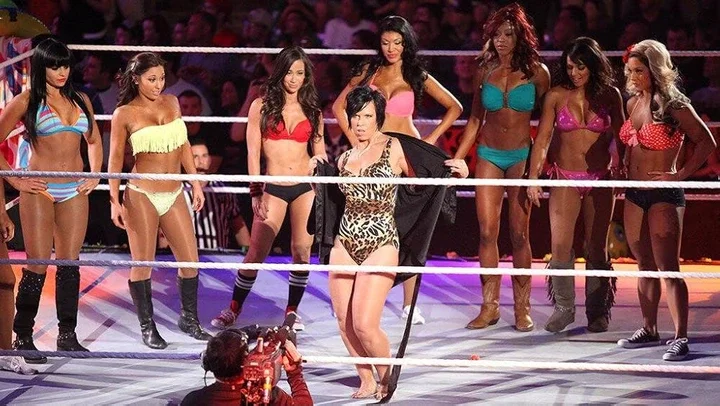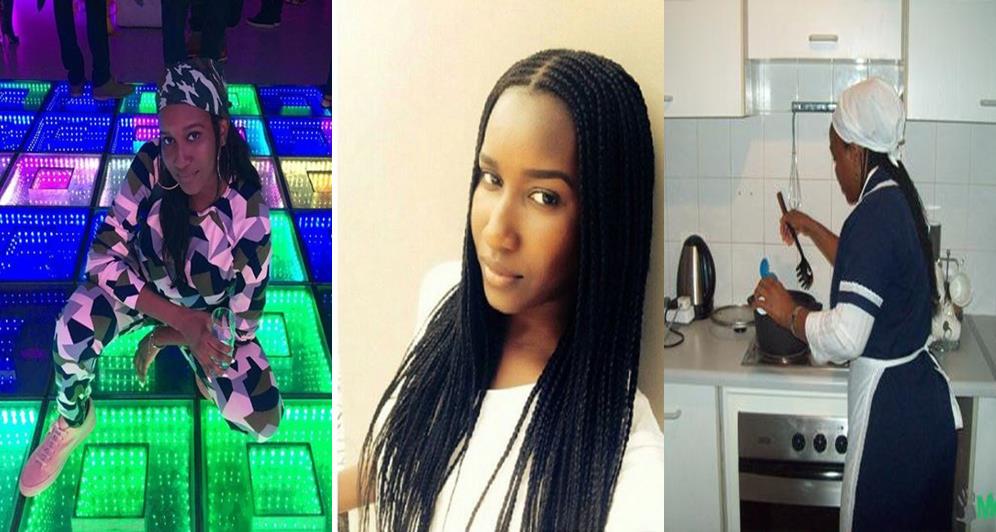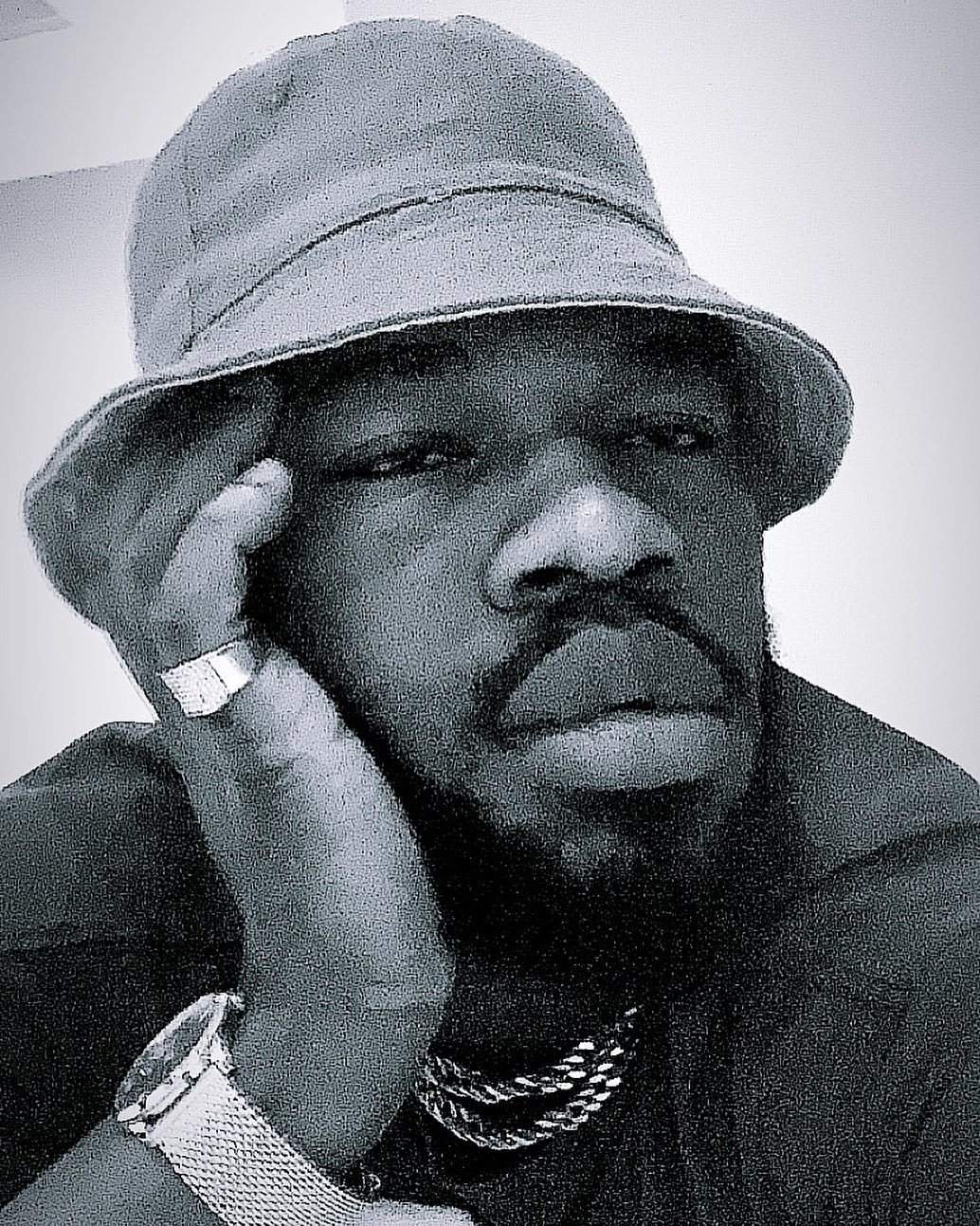
We all like to think we're easy to get along with, right? But sometimes, we might not be as approachable as we believe.
Psychology reveals that there are specific signs that hint you might not be the easiest person to vibe with.
In this article, we're diving into ten signs you're actually not as easy to get along with as you think.
Let's get started.
1) You're often the center of the conversation
Okay, we all love a good gabfest. But there's a thin line between being a lively conversationalist and being a conversation hog.
Psychology suggests that people who often dominate conversations, leaving little space for others to express their thoughts, can come across as difficult to get along with.
It's great to share your opinions and experiences, but remember - conversations should be a two-way street. If you're always the one doing the talking, it might be time for a little self-reflection.
Just a thought - try listening more than you speak. It doesn't just make others feel valued, it's also a great way to learn and grow.
2) You're not big on compromise
We've all been there, right? For me, it was during a group project in college. I was so hell-bent on my ideas that I didn't value my group members' input as much as I should have.
Stubbornness can sometimes be confused for determination, but when it becomes a barrier to compromise, it can make you difficult to get along with. In my case, I didn't realize it then, but I was preventing the free flow of ideas and making my group members feel less valued.
Psychology tells us that willingness to compromise is a key component of healthy relationships.
When you find yourself digging in your heels, remember my college group project disaster, and try to be more open to finding a middle ground. It could really change the way people perceive you!
3) You struggle with empathy
Empathy, or the ability to understand and share the feelings of others, is a critical component of social interactions. But not everyone finds it easy to empathize.
Individuals who struggle with empathy can often come across as difficult to get along with. Why? Because empathy allows us to connect with others on a deeper level, and when that's missing, it can create a divide.
When we're unable to put ourselves in someone else's shoes, it might lead to misunderstandings and conflicts.
If you find yourself often at odds with people around you, it might be worth exploring your capacity for empathy. It could be the key to improving your relationships!
4) You're quick to criticize
Constructive criticism is healthy, but constant criticism? Not so much. If you find yourself frequently pointing out flaws in others or their ideas, you might be inadvertently pushing people away.
Psychology tells us that people respond better to positive reinforcement than to negative feedback. While it's important to address problems and mistakes, it's equally essential to do so in a way that is respectful and considerate.
Being quick to criticize can make you seem judgmental and hard to please. When you're about to critique, take a moment to consider your words and their potential impact. Try focusing on the positives as well, you might just be surprised by the difference it makes!
5) You have a hard time accepting feedback
We've all encountered that awkward moment when someone gives us feedback we'd rather not hear. But how we react to it says a lot about our personality.
If you find yourself getting defensive or dismissive every time someone tries to offer constructive criticism, it can make you difficult to get along with.
Psychology suggests that our ability to accept feedback, especially when it's constructive, shows emotional maturity and willingness to learn and grow.
While it's natural to feel attacked when criticized, learning to take feedback in stride can improve not only your personal growth but also your relationships with others. Who knows, that piece of advice might just be what you need to hear!
6) You don't show appreciation
We all crave recognition and validation in our lives. It's a basic human need. When we do something for someone, and they don't acknowledge it, it can feel quite disheartening.
If you rarely express gratitude or fail to acknowledge the efforts of others, it can make you seem unapproachable or hard to get along with.
Psychology highlights the power of appreciation. A simple "thank you" can go a long way in strengthening relationships and fostering positive interactions.
When someone does something nice for you, take a moment to express your gratitude. An act of kindness, no matter how small, deserves recognition. After all, appreciation is more than just good manners. It's about acknowledging the value in others and in their actions.
7) You struggle with trust
Trust is a tricky thing. I've had my fair share of disappointments and betrayals, which made me build walls around me. It felt safer that way, but it also distanced me from people.
If you, like me, find it hard to trust others, it can make you difficult to get along with. People might perceive you as closed off or distant.
Psychology tells us that trust is a fundamental building block of any strong relationship. Without it, connections can feel superficial and unstable.
While it's important to protect ourselves from getting hurt, it's also crucial to learn to let people in. It's a balancing act, but one that can significantly improve your relationships.
8) You're always available
Being there for others is a lovely quality. But oddly enough, always being available can sometimes send the wrong message.
If you're constantly at everyone's beck and call, people might start taking you for granted. Or worse, they might see your availability as a sign of having no boundaries, making you seem like an easy target for manipulation.
Psychology suggests that setting healthy boundaries and valuing your own time is essential for nurturing mutual respect in relationships.
Don't forget to value your own time and needs. A little self-care never hurt anyone, and it surely won't make you any less likable!
9) You never show vulnerability
In a world where strength and independence are highly valued, showing vulnerability might seem like a weakness. But in reality, it's quite the opposite.
If you never show vulnerability, always presenting yourself as tough and impervious, it can make you hard to connect with on a deeper level.
Psychology tells us that vulnerability is a strength. It shows authenticity and allows for deeper connections with others.
Showing that you're human, with all the ups and downs that come with it, can actually make you more relatable and easier to get along with.
10) You don't respect differing opinions
This is a big one. If you dismiss or belittle others' opinions just because they don't align with yours, it can create a hostile environment where people feel unheard and unimportant.
Psychology highlights the importance of respecting differing opinions for healthy social interactions. It's okay to disagree, but it's not okay to disrespect.
Next time you're faced with a differing opinion, try to see it as an opportunity for growth and learning, rather than a threat. You might not change your viewpoint, but you'll gain respect and deepen your relationships. And isn't that what being easy to get along with is all about?
Feeling stuck in self-doubt?
Stop trying to fix yourself and start embracing who you are. Join the free 7-day self-discovery challenge and learn how to transform negative emotions into personal growth.
















Comments